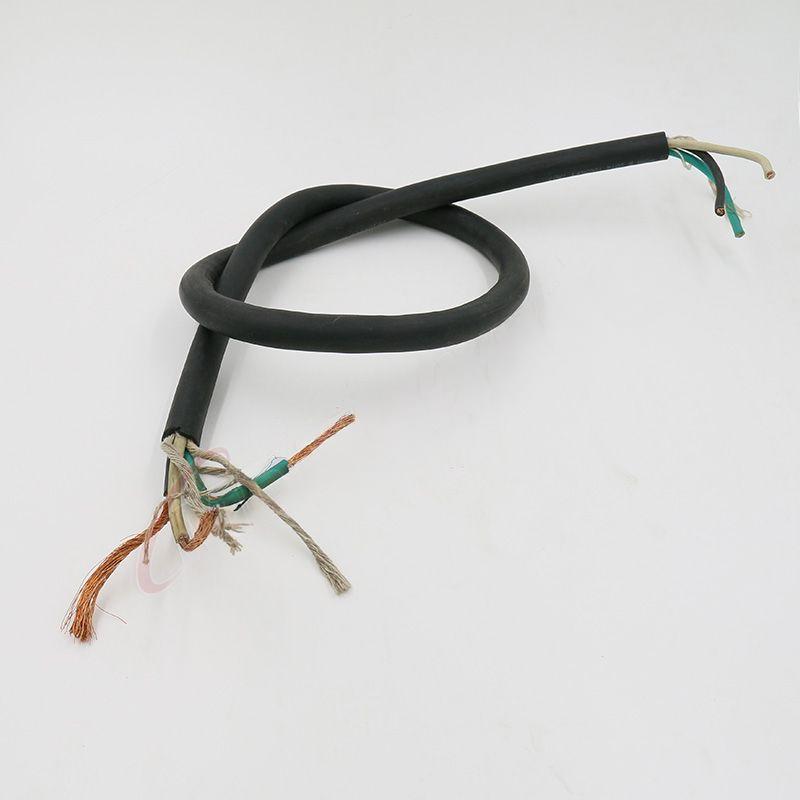Dec . 02, 2024 02:25 Back to list
Flange Type Stainless Steel Ball Valve Specifications and Applications
Understanding SS Ball Valve Flange Type A Comprehensive Guide
In the realm of industrial and commercial applications, the selection of appropriate valves is critical to ensuring efficient operation, safety, and longevity of piping systems. Among various types of valves, the stainless steel (SS) ball valve with a flange type is particularly notable due to its versatile applications and robust performance. This article delves into the key features, benefits, and applications of SS ball valves with flange types.
What is a Ball Valve?
A ball valve is a quarter-turn valve that utilizes a spherical disc—commonly referred to as the ball—to control the flow of liquids and gases. By rotating the ball, the valve can either obstruct or allow the passage of fluid through the pipe. Ball valves are favored for their reliability, durability, and ease of operation. They can handle high pressures and temperatures, making them suitable for various industries, including oil and gas, water treatment, chemical processing, and more.
The Role of Flange Type
Flanges are mechanical components that allow valves and piping to be connected securely. A flange type means that the valve is fitted with flanged ends, which can be bolted directly to other flanged components, offering a tight seal that prevents leaks. This design is advantageous in high-pressure environments and applications where a secure, stable connection is essential.
Benefits of SS Ball Valve Flange Type
1. Durability and Corrosion Resistance Stainless steel is renowned for its excellent resistance to corrosion and degradation, making it an optimal choice for environments that involve water, chemicals, and other corrosive substances. SS ball valves are capable of withstanding harsh conditions without compromising their structural integrity.
2. High Performance The design of a ball valve allows for minimal pressure drop when the valve is fully open, ensuring maximum flow efficiency. Furthermore, the tight seal (when closed) minimizes leakage, providing reliable performance over time.
3. Ease of Maintenance SS ball valves with flange types are relatively easy to maintain. The simple construction and absence of internal packing make these valves straightforward to operate, troubleshoot, and repair when necessary.
4. Wide Temperature Range Depending on the materials used in the valve’s construction, SS ball valves can handle a broad temperature range, ensuring versatility across different applications. This makes them suitable for both high-temperature processes and low-temperature situations.
ss ball valve flange type

Applications of SS Ball Valve Flange Type
The versatility and durability of SS ball valves make them the preferred choice across a wide array of applications
1. Oil and Gas Industry In the extraction and transport of oil and gas, SS ball valves are employed for their ability to handle high pressures and aggressive media. They are commonly used for isolation and flow regulation.
2. Water Treatment and Distribution In water treatment facilities, SS ball valves are used for controlling the flow of water and removing trapped air in the system. Their corrosion resistance is particularly beneficial in these applications.
3. Chemical Processing Given their ability to withstand corrosive substances, SS ball valves are widely utilized in chemical manufacturing processes. They ensure efficient flow control while preventing leaks and contamination.
4. Food and Beverage Processing In food production and processing, the hygienic properties of stainless steel make SS ball valves ideal. They meet stringent sanitation standards while maintaining the purity of liquids being transported.
5. HVAC Systems In Heating, Ventilation, and Air Conditioning (HVAC) systems, SS ball valves are used for regulating the flow of fluids throughout the system, contributing to energy efficiency and comfort in building environments.
Conclusion
In summary, stainless steel ball valves with flange types play a vital role in various industrial and commercial applications. Their durability, high performance, and resistance to corrosion make them a preferred choice for controlling the flow of liquids and gases. As technology and industries evolve, the demand for reliable and efficient valve solutions will continue to rise, solidifying the importance of SS ball valves in modern engineering. Proper understanding and selection of these valves can lead to enhanced operational efficiency and safety in any piping system.
Share
-
Reliable Wafer Type Butterfly Valves for Every IndustryNewsJul.25,2025
-
Reliable Flow Control Begins with the Right Ball Check ValveNewsJul.25,2025
-
Precision Flow Control Starts with Quality ValvesNewsJul.25,2025
-
Industrial Flow Control ReliabilityNewsJul.25,2025
-
Engineered for Efficiency Gate Valves That Power Industrial PerformanceNewsJul.25,2025
-
Empowering Infrastructure Through Quality ManufacturingNewsJul.25,2025


